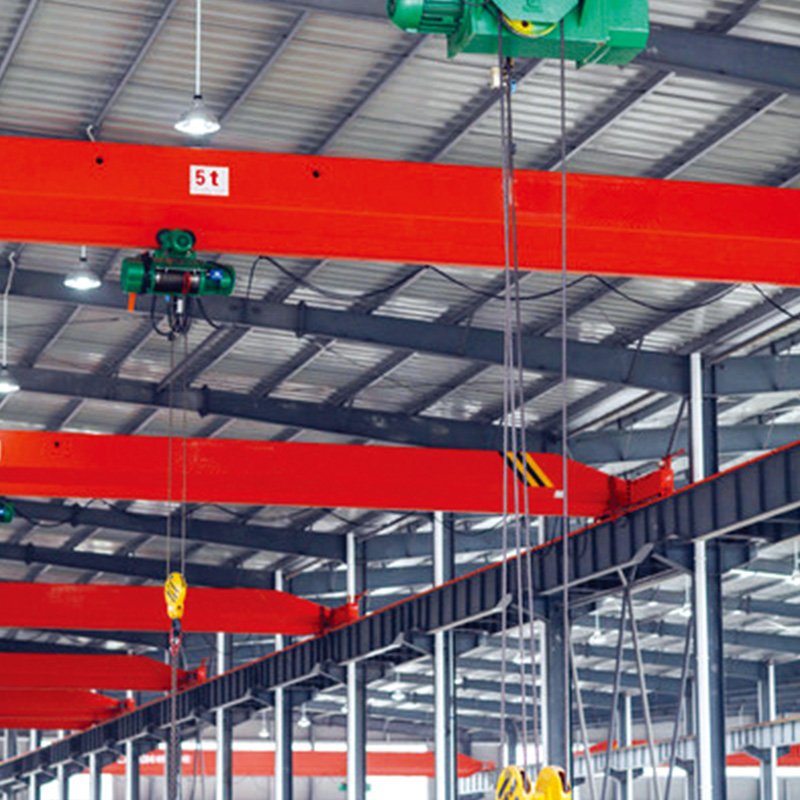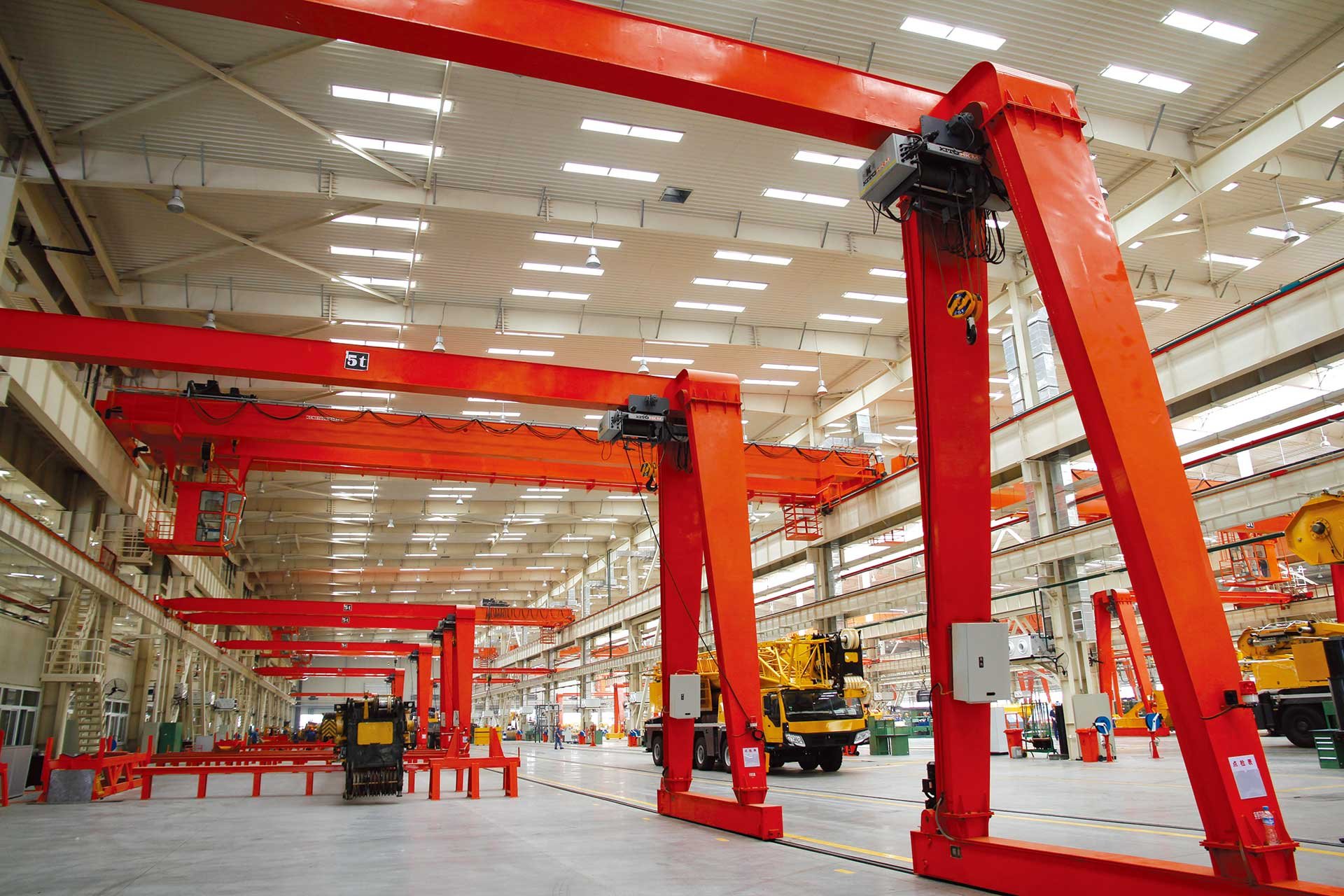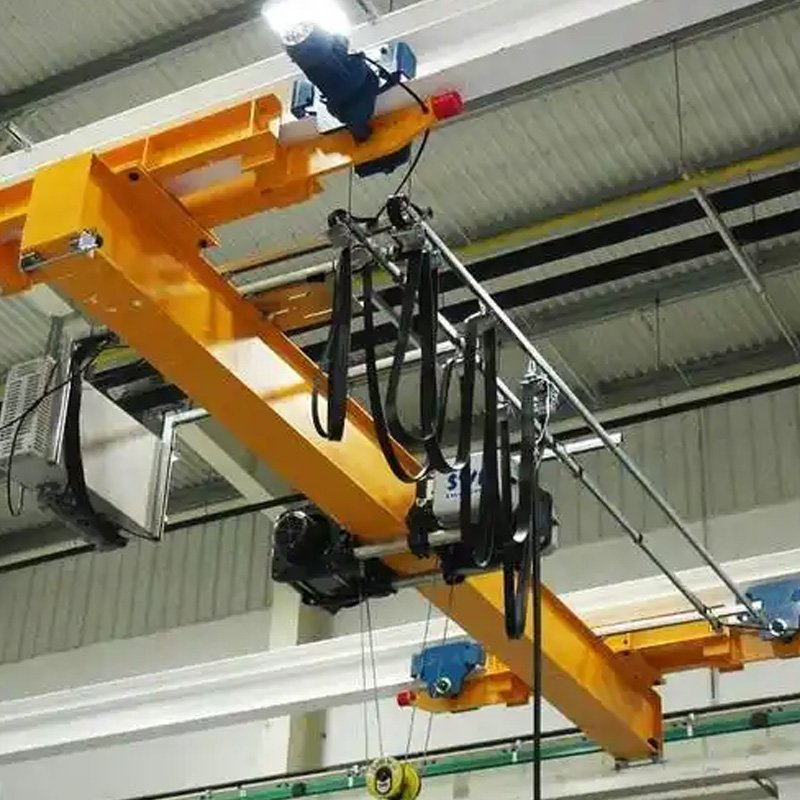In any industry where heavy lifting is involved, the safety and reliability of equipment like overhead cranes are paramount. One of the key ways to ensure these machines meet safety and operational standards is through overhead crane certification. Not only does certification provide compliance with regulations, but it also offers tangible benefits such as reducing downtime, enhancing safety, and boosting productivity.
What is Overhead Crane Certification?
Overhead crane certification refers to the formal process of testing and inspecting cranes to ensure they meet specific safety and performance standards. This process is carried out by authorized certification bodies, and the equipment is thoroughly evaluated to verify that it can safely perform its intended tasks.
Certification typically involves an in-depth inspection of the crane’s components, including its lifting mechanisms, safety features, electrical systems, and load-bearing capacities. Once a crane passes this inspection, it receives a certificate of compliance, signaling that the equipment meets all necessary regulations.

Key Benefits of Overhead Crane Certification
1. Enhancing Workplace Safety
Safety is the top priority when using overhead cranes, and certification ensures that the equipment complies with the highest safety standards. Certified cranes are less likely to experience mechanical failures, which can lead to accidents or injuries.
- Preventing Equipment Malfunctions: Certified cranes are regularly inspected, ensuring all components function properly and reducing the risk of breakdowns that could cause accidents.
- Operator Confidence: When crane operators know the equipment is certified, they can focus on their tasks without worrying about equipment failure.
2. Ensuring Compliance with Regulations
Overhead crane certification is essential for meeting legal requirements set by regulatory bodies. Many industries, including manufacturing and construction, must comply with strict safety standards.
- Insurance Compliance: Many insurance companies require cranes to be certified before they will provide coverage. Having a certified crane protects your investment and keeps insurance premiums in check.
3. Minimizing Downtime and Maintenance Costs
Another major advantage of certified cranes is their reliability. Regular inspections and maintenance ensure that cranes remain in optimal working condition, reducing the likelihood of unplanned downtime.
- Reduced Maintenance Needs: Certified cranes are less likely to malfunction, meaning your factory or operation will experience fewer interruptions.
- Lower Repair Costs: By identifying issues early through inspections, certification helps prevent small problems from becoming expensive repairs.
Boosting Productivity with Certified Cranes
Crane certification doesn’t just protect safety and reduce downtime; it also significantly boosts productivity. With certified cranes, your operations run more smoothly, which in turn accelerates workflow.
- Improved Efficiency: Certified cranes are built to high standards, which enhances their performance and reduces operational errors.
- Faster Task Completion: Certified equipment typically operates more efficiently, allowing your team to complete tasks quicker, which leads to increased overall productivity.
Related article: Optimizing Overhead Shop Crane Design to Improve Shop Productivity

How Crane Certification Protects Your Equipment Investment
Purchasing an overhead crane is a significant investment. Ensuring that your equipment is certified adds value by protecting that investment.
- Longer Equipment Lifespan: Regular certification and maintenance extend the life of your cranes. This proactive approach ensures that the equipment remains safe and functional for a longer period, ultimately saving you money in the long run.
- Preventing Unexpected Costs: Certified cranes require fewer repairs, and by catching potential issues early, you avoid the high cost of emergency fixes or replacements.
Choosing the Right Supplier for Certified Cranes
When selecting a crane supplier, it’s crucial to choose one who provides certified cranes. Here’s how you can ensure that you’re partnering with a reliable supplier:
- Check Certification Validity: Always ask your supplier to provide documentation showing that their cranes meet industry certification standards.
- Assess Supplier Reputation: Work with manufacturers who have a proven track record of providing high-quality, certified equipment.
- Ongoing Support: A reputable supplier will also offer regular maintenance services and guidance on ensuring your cranes remain certified.
Conclusion
In conclusion, overhead crane certification is essential for maintaining safety, efficiency, and compliance in your operations. By investing in certified cranes, your business benefits from reduced downtime, improved productivity, and enhanced equipment lifespan. Moreover, certification ensures that your equipment complies with necessary legal standards, protecting your business from potential legal and financial risks.
To maximize safety and operational efficiency, choose a trusted supplier who offers certified overhead cranes. Contact yonghaoqizhong@163.com today to learn more about our certified cranes and how we can support your facility’s lifting needs.
Crane Safety & Regulations
- Top 10 Crane Safety Tips for 2025
- OSHA Overhead Crane Regulations: Ensuring Workplace Safety and Compliance
- Crane Accidents Are Most Commonly Caused by Equipment Failure
- Overhead Crane Safety: Key Factors and Techniques to Improve It
- Common Challenges Faced by an Overhead Crane Operator and How to Overcome Them





